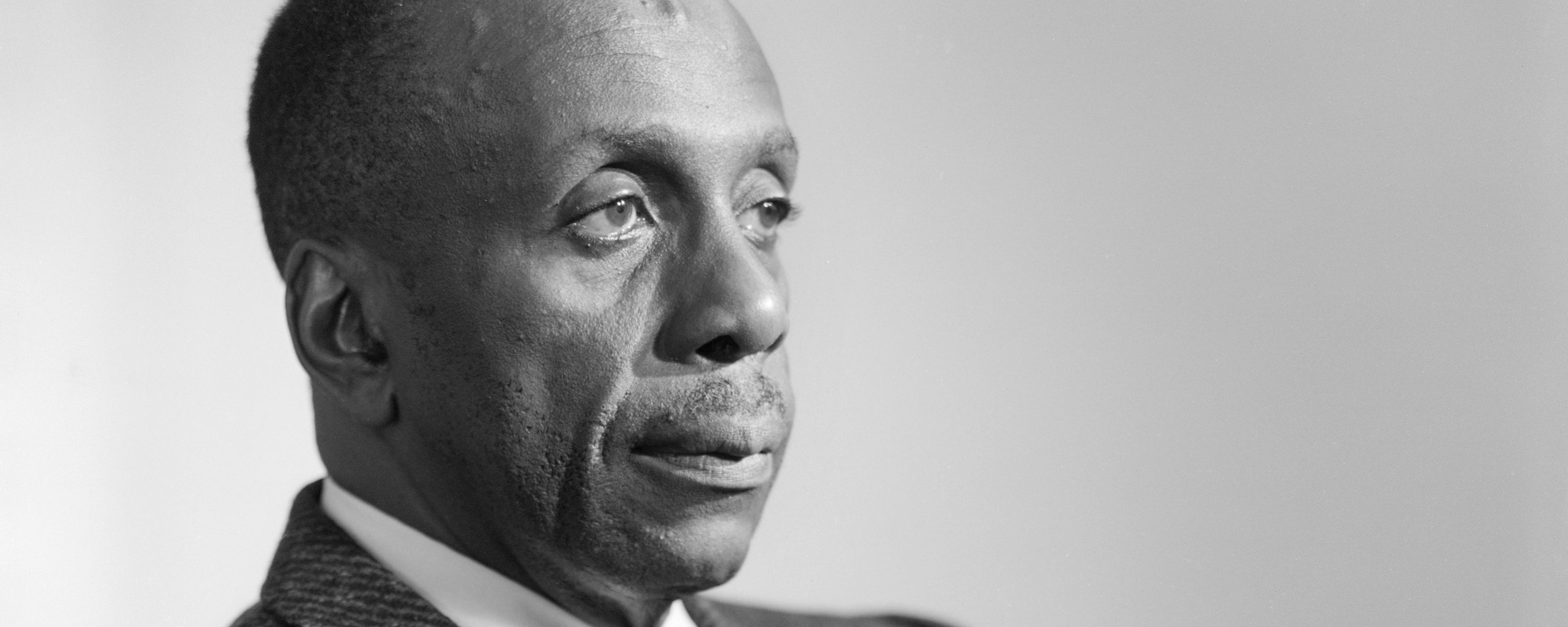The Positive Aspects of Hatred
Howard Thurman - Jesus and the Disinherited (1949)
Hate like love is an emotion born from passion. It evokes raw and unfiltered emotion. When its seed takes root and it grasps on with full intention the emotion has knowledge or temperament of time. The emotion consumes quickly and with every iota of time it grows. It gains false validation and this fuels the intensity giving way to the overture of the id. As exemplified in the passage, “In the darkness you muttered to yourself, They can keep me from talking about it to them. But they can’t keep me from resenting it. I hate them for what they are doing to me.” (Thurman, p.45) Thurman shows the innermost thoughts of a child betrayed and how in his innocence is working through the process of his emotions. Love and hate if left unfettered will grow. Slowly at first, but like a river cutting trough rock, it will always find a way.
It’s rare to attribute hatred with any positive connotations. But upon further introspection, hatred is the spark that can fuel many an unsuspecting emotion. Motivation, ambition, drive, persistence, focus… these attributes could very well be from a direct correlation of hate. Far be it for me to expound on any trivial experience which most have endured; however, many feats have been overcome, many challenges accepted and won because of one emotion that became the genesis to change in circumstance. Needless to say, it’s obvious that hate is not the way. The only positive attribute of hate is that it conjures action and it rejects inaction. The pleasure in removing oneself from the plight of suffering whatever that may take is the ego. Once the ego has taken the helm, action is inevitable. In one sense, hatred could be deemed as a response to environment and could in the long run have positive effects.
But I believe Thurman did not have that aspect in mind when he penned chapter 4. Hatred left unfettered will consume the hater. The hater will fuel himself with this hatred because it validates their circumstance and sheds light on the exploitation of the weak or the unjustness of life. To allow hatred to be within oneself, to always regard it in times of need for comfort and solace is when the hater becomes consumed and loses his identity. Thurman relays a story of a father rearing his two sons. “I am rearing my boys so that they do not hate negroes. Do not misunderstand me. I do not love them, but I am wise enough to know that if I teach my boys to hate Negroes they will end up hating white people as well.” (Thurman p.49-50).
This story speaks volumes to me for it is as profound
as it is simple. Foremost, it explicates that hatred is a learned behavior. It
also contextualizes racism during that time period. But to also dissect the
matter further; a father teaching his son through example of one facet of love.
If you harbor hate in your heart you can not love yourself. To love life
completely, you must first start by loving yourself. There is no room for
hatred to take permanent residence in your heart. Hatred knows no bounds. It
doesn't know when to stop. Hatred doesn’t take into account the feelings of
others. Hatred only knows one thing: consumption. Once hatred has consumed it
has done its job, its completed its life cycle, it has obliterated what once
was and transformed it to nothingness. The opposite of love is not hate. Hate
and love are on the same side of the spectrum. The opposite of hate would also
be apathy. In that sense hatred does destroy the core life of the hater.
Thurman expounds on this in great detail using vivid imagery and storytelling.



Comments
Post a Comment